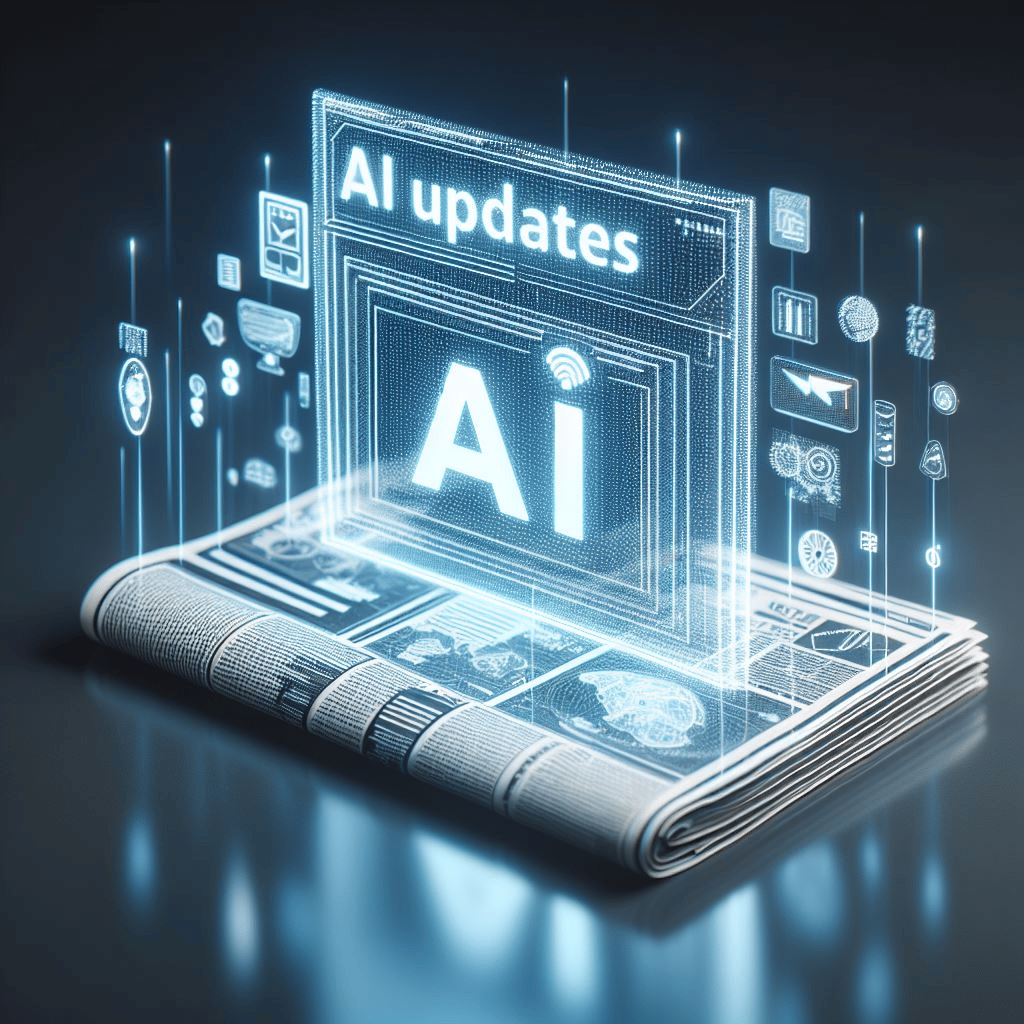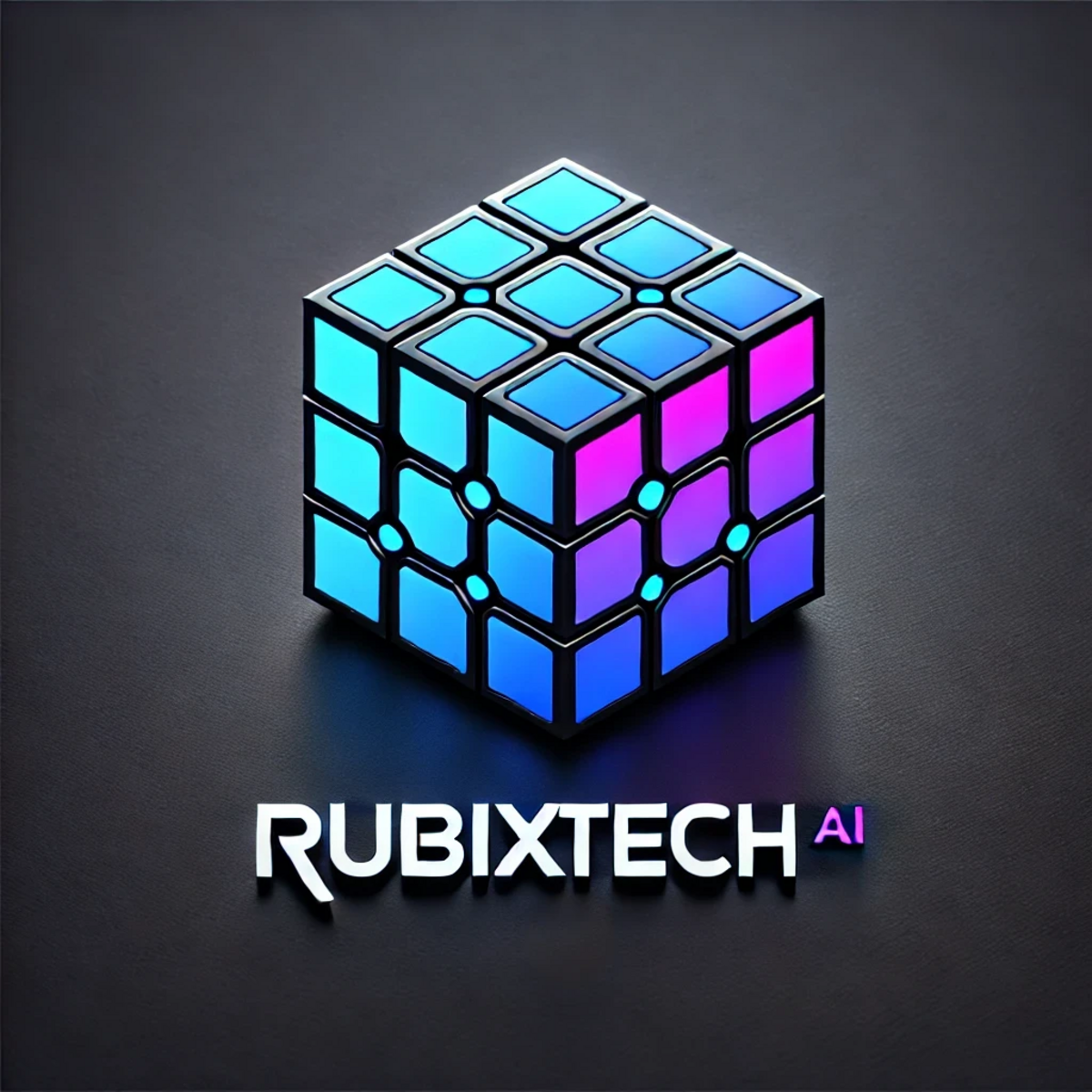Today’s Contents
📰AI Updates On The Legal Battleground
🧰Tech Toolbox
AI Updates On The Legal Battleground

AI is one of the most fascinating and influential fields of the 21st century. It has the potential to transform every aspect of our lives, from entertainment to education, from health to security. But AI is also a complex and controversial topic, with many challenges and opportunities. In this article, we will explore some of the latest updates in the AI world, covering four key areas: Elon Musk’s open-source AI initiative, OpenAI’s legal and ethical issues, China’s AI ambitions and controversies, and Nvidia’s copyright infringement lawsuit. These updates will give you a glimpse of the current state and future direction of AI, as well as the implications for society and humanity.
Elon Musk’s Open-Source AI Initiative
Elon Musk, the visionary entrepreneur behind Tesla, SpaceX, and Neuralink, has announced that he will make his AI chatbot, Grok, open-source this week123. Grok is a product of Musk’s AI startup, xAI, which he founded in 2022 after leaving OpenAI, the nonprofit AI research company he co-created in 2015.
Musk’s decision to share Grok’s code with the public is seen as a bold move to democratize AI technology and foster a collaborative and transparent AI community. Grok is a generative AI chatbot that can interact with users in a natural and engaging way, using data from the web and other sources. Grok can also answer questions, translate languages, summarize texts, create content, and more.
Musk’s announcement comes amid his ongoing legal dispute with OpenAI, which he sued last month for allegedly betraying its original mission of promoting and developing friendly AI for the benefit of humanity4. Musk accused OpenAI of becoming a for-profit entity that prioritizes its partnership with Microsoft and keeps its AI technology private. OpenAI, which is behind the popular ChatGPT model, denied Musk’s claims and published a series of private emails that suggested Musk wanted to control OpenAI and merge it with Tesla5.
By making Grok open-source, Musk hopes to challenge OpenAI and other AI players and spark innovation and competition in the AI field. The open-source community is eagerly awaiting the release of Grok, which is expected to offer a unique and powerful alternative to ChatGPT and other AI chatbots.
OpenAI’s Legal and Ethical Challenges
OpenAI, once a nonprofit AI research company co-founded by Elon Musk, is facing a legal battle with its former co-founder and backer4. Musk filed a lawsuit against OpenAI, claiming that the company has deviated from its original vision of creating and sharing friendly AI that can benefit humanity as a whole. The lawsuit highlights the growing concerns over the ethical use and governance of AI and the responsibilities of AI organizations.
OpenAI, which is best known for its ChatGPT model, a generative AI chatbot that can produce realistic and coherent texts, has made significant advancements in the AI field in recent years. However, it has also faced criticism for its decision to become a hybrid nonprofit and for-profit entity in 2019, and for its exclusive licensing deal with Microsoft in 2020. These moves have raised questions about the future direction and impact of OpenAI’s AI technology and research.
Musk, who left OpenAI’s board in 2018, alleged that OpenAI has breached its contractual obligations and fiduciary duties by pursuing profit and closing off its AI technology from the public. He also argued that OpenAI has become a "lie" and a "tool" for making Microsoft richer. OpenAI responded to the lawsuit by publishing a number of private emails between Musk and the company’s leaders, suggesting that Musk was seeking full control over OpenAI and thought it should merge with Tesla to ensure long-term funding.
The lawsuit could have far-reaching implications for the AI industry, especially concerning the alignment of AI goals and values with human interests and values. It also reflects the tension and rivalry between Musk and OpenAI’s current CEO, Sam Altman, who have traded jabs online over their respective AI chatbots, Grok and ChatGPT.
China’s AI Ambitions and Controversies
China continues to make significant strides in AI, aiming to become a global leader in the field by 2030. However, this ambition has not been without controversy, as China faces accusations of stealing and misusing AI technology and data. Recent reports suggest that a Google engineer was arrested for allegedly stealing confidential AI technology from Google and sharing it with Chinese companies6. The engineer, Linwei Ding, was also accused of running a secret AI startup in China while working for Google.
China has also been developing and deploying its own AI technology, both for domestic and international purposes. China’s 01.AI, a leading AI company, has launched a top-performing vector database, "Descartes," for large language models, such as ChatGPT7. Descartes claims to be faster, cheaper, and more scalable than existing solutions, and aims to enable more AI applications and innovations. China has also been using AI for surveillance, social control, and military purposes, raising human rights and security concerns.
These developments underscore the intense competition and rivalry in the AI sector between China and other countries, particularly the US. They also highlight the delicate balance between innovation and intellectual property rights, as well as the ethical and social implications of AI technology.
Nvidia’s Copyright Infringement Lawsuit
Nvidia, a leading chipmaker and AI company, is facing a lawsuit for allegedly training its AI models on copyrighted works without proper authorization89. The lawsuit was filed by a group of authors who claimed that Nvidia used their books to train its AI platform, NeMo, which can generate natural language and speech.
The lawsuit could have far-reaching implications for the AI industry, particularly concerning the use of copyrighted materials for training AI systems. The lawsuit challenges the notion that using copyrighted works for AI training constitutes "fair use," a legal doctrine that allows limited use of protected materials for purposes such as research, education, or criticism. The lawsuit also raises questions about the ownership and attribution of the content generated by AI systems, as well as the potential harm or benefit of such content to the original authors and the public.
The outcome of this case may set a precedent for how AI companies source their training data and respect the rights of the creators. It may also influence the future development and innovation of AI technology, as well as the legal and ethical frameworks that govern it.

Here is a list of AI Tools to help you with studying:
Mathly: An AI chatbot that can solve math problems and explain the steps. It can also generate practice problems for you. Visit Mathly
Quizlet: An AI-powered study platform that can create personalized flashcards, quizzes, and games based on your study material. It can also track your progress and give you feedback. Visit Quizlet
Socratic: An AI tutor that can help you with homework questions in various subjects, such as science, history, and literature. It can also provide videos, explanations, and resources to help you learn. Visit Socratic
Copilot: An AI companion that can provide information, answer questions, and engage in conversation. It can also generate imaginative and innovative content, such as poems, stories, code, and more. Visit Copilot

